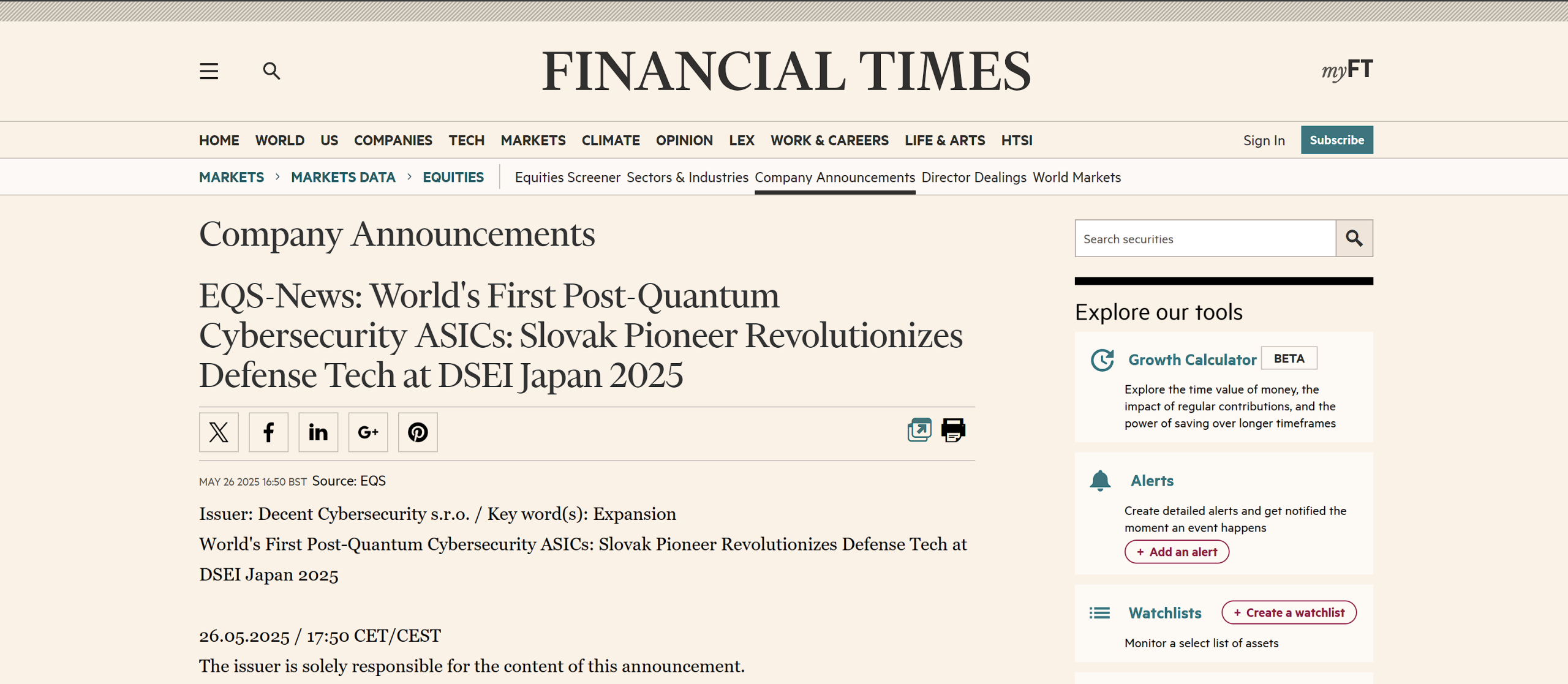Introduction
Federated Learning represents a revolutionary approach to machine learning in drone operations, enabling sophisticated model training while maintaining robust privacy protections. This innovative technique allows models to learn from distributed datasets without centralizing sensitive operational data, fundamentally transforming how drone fleets can collaborate and improve while protecting proprietary information.
Technical Architecture
The federated learning architecture implements a sophisticated model distribution process that begins with initial model deployment across the drone fleet. Each participating drone receives a base model which serves as the foundation for local training. Individual drones then conduct training operations using their local data, generating model updates that reflect their unique operational experiences. These updates undergo secure aggregation through encrypted communications channels, combining the learned insights from across the fleet. The system then refines the global model by intelligently merging these local updates, creating an improved version that captures the collective knowledge of the entire fleet. Finally, this enhanced model is redistributed to all participating drones, completing the learning cycle.
The privacy-preserving mechanisms within this architecture are comprehensive and multi-layered. A secure aggregation protocol ensures that individual updates remain encrypted throughout the transmission process, protecting sensitive operational data. The system employs differential privacy techniques, carefully calibrating noise addition to prevent inference attacks while maintaining model utility. Advanced update compression methods reduce communication overhead while preserving privacy guarantees. Homomorphic encryption enables computational operations on encrypted model updates, ensuring that sensitive information remains protected even during processing.
Advanced Privacy Features
The implementation of differential privacy in the system goes beyond basic noise injection. The architecture incorporates sophisticated gradient clipping mechanisms that effectively limit the influence of any single training example on the final model. The system continuously monitors and controls cumulative privacy loss through detailed privacy budget tracking, ensuring long-term protection of sensitive information. Adaptive privacy mechanisms dynamically adjust privacy parameters based on data sensitivity and operational requirements, optimizing the privacy-utility trade-off.
The secure aggregation protocol operates through a series of carefully orchestrated steps. Initially, drones establish secure communication channels through pairwise key generation. Model updates are then protected using Shamir’s Secret Sharing, distributing the information across multiple parties. The aggregation process combines these protected updates while maintaining encryption, ensuring that individual contributions remain confidential. The final decryption process requires multiple parties to participate, preventing unauthorized access to sensitive information.
Operational Benefits
The federated learning approach delivers significant improvements in model performance through exposure to diverse training data. Models continuously learn from varied operational conditions across the fleet, incorporating new experiences and adapting to changing environmental conditions. This distributed learning approach enables models to benefit from specialized expertise developed in different operational scenarios, creating more robust and capable systems.
Resource optimization represents another crucial advantage of this architecture. The system minimizes bandwidth requirements by transferring only model updates rather than raw data. Computational resources are efficiently distributed across the fleet, eliminating the need for massive centralized processing capabilities. The elimination of centralized data warehousing reduces storage requirements and associated costs. The scalable architecture readily accommodates fleet expansion without requiring significant infrastructure changes.
Implementation Considerations
Successful implementation requires careful attention to hardware specifications and security infrastructure. Drones must maintain minimum computational capacity, typically requiring at least 2GB RAM and 1.5GHz processor capabilities. Storage systems must accommodate approximately 500MB for model and local data management. Network connectivity must provide reliable, low-latency communication to support effective model update distribution. Power management systems must optimize processing efficiency to maintain appropriate battery life during operations.
The security infrastructure implements comprehensive protection measures throughout the system. Data encryption utilizes AES-256 standards for stored information and TLS 1.3 for transmission security. Authentication systems require multiple factors for drone verification, ensuring only authorized devices participate in the learning process. Access controls manage model update permissions through role-based systems. Comprehensive audit logging tracks all model changes, maintaining accountability and enabling system optimization.
Conclusion
Federated Learning represents a crucial advancement in privacy-preserving machine learning for drone operations. The technology’s sophisticated approach to distributed learning, combined with robust privacy protections, makes it an essential consideration for modern drone fleets. Organizations implementing these systems must carefully balance privacy requirements, computational resources, and operational needs to achieve optimal results.
Technical Support
For detailed implementation guidance and technical documentation, contact our privacy engineering team at [email protected]. Our experts can assist in developing customized Federated Learning solutions that meet your specific operational requirements while ensuring robust privacy protection.
Decent Cybersecurity provides advanced privacy-preserving AI solutions for drone operations worldwide. Our systems ensure data privacy while enabling collaborative learning and operational improvements.





